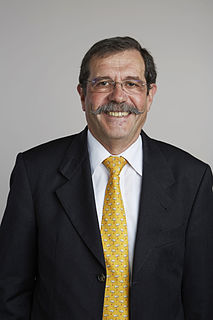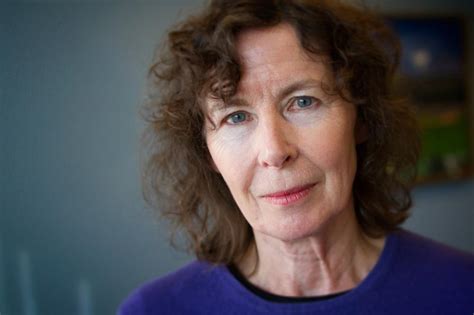A Quote by Rebecca L. Walkowitz
Prose of the World is an enormously compelling and vivid study. The result is an ambitious, timely, and eloquent account of the relationship between early-twentieth-century fiction and the contemporary global novel in English.
Related Quotes
In the middle of the nineteenth century, the United States embarked on a new relationship with death, entering into a civil war that proved bloodier than any other conflict in American history, a war that would presage the slaughter of World War I's Western Front and the global carnage of the twentieth century.
I try to find a style that matches the book. In the Baroque Cycle, I got infected with the prose style of the late 17th and early 18th centuries, which is my favorite era. It's recent enough that it is easy to read - easier than Elizabethan English - but it's pre-Victorian and so doesn't have the pomposity that is often a problem with 19th-century English prose. It is earthy and direct and frequently hilarious.
I'm often a little perplexed, when I read a review of a book, by the quotes that are pulled out as evidence of excellent prose. I don't think great novels are necessarily composed of great prose, or that there's a correlation between beautiful prose and the quality of a work of fiction. A really good, interesting novel will often let a little ugliness get into its words - to create a certain effect, to leave the reader with a certain sense of disorientation.
Film is more than the twentieth-century art. It's another part of the twentieth-century mind. It's the world seen from inside. We've come to a certain point in the history of film. If a thing can be filmed, the film is implied in the thing itself. This is where we are. The twentieth century is on film. You have to ask yourself if there's anything about us more important than the fact that we're constantly on film, constantly watching ourselves.
F.R. Leavis's "eat up your broccoli" approach to fiction emphasises this junkfood/wholefood dichotomy. If reading a novel--for theeighteenth century reader, the most frivolous of diversions--did not, by the middle of the twentieth century, make you a better person in some way, then you might as well flush the offending volume down the toilet, which was by far the best place for the undigested excreta of dubious nourishment.
It is my belief that whereas the twentieth century has been a century of war and untold suffering, the twenty-first century should be one of peace and dialogue. As the continued advances in information technology make our world a truly global village, I believe there will come a time when war and armed conflict will be considered an outdated and obsolete method of settling differences among nations and communities.
In his scintillating new novel, Matt Bondurant explores a crucial period in the history of Virginia and of his family. His gorgeous, precise prose brings to life an amazing cast of characters, including Sherwood Anderson, and the often deadly battles of Prohibition. The Wettest County in the World is a remarkably compelling, highly intelligent, and deeply moving novel.
Most contemporary novels are not really "written." They obtain what reality they have largely from an accurate rendering of the noises that human beings currently make in their daily simple needs of communication; and what part of a novel is not composed of these noises consists of a prose which is no more alive than that of a competent newspaper writer or government official. A prose that is altogether alive demands something of the reader that the ordinary novel-reader is not prepared to give.


































